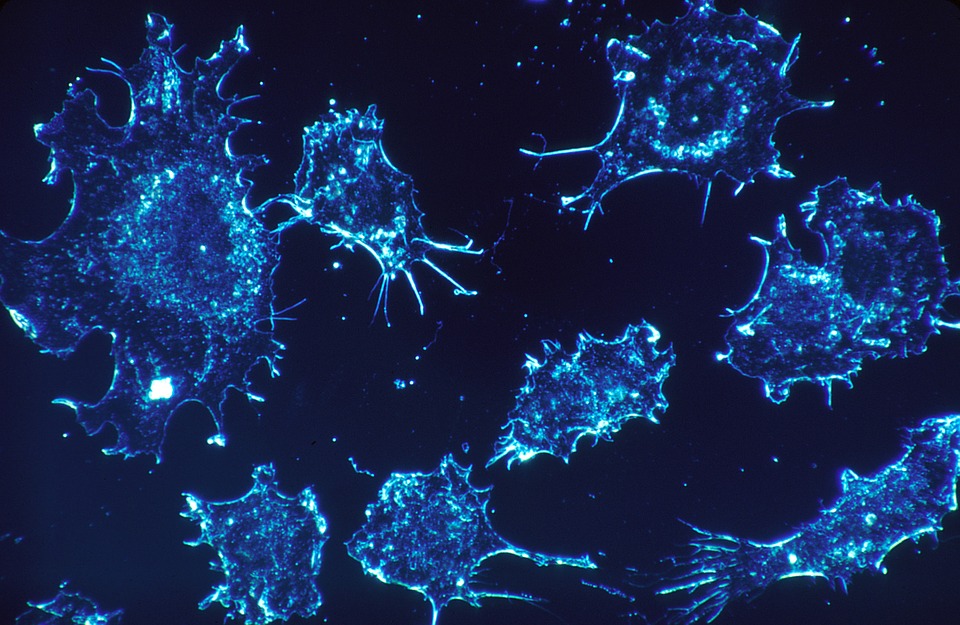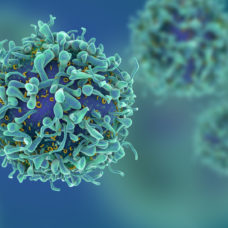Researchers just used a cancer-killing virus to kill carcinoma cells and other cells tricked into protecting it.
Scientists from the University of Oxford have allegedly equipped a cancer-killing virus with a protein that kills carcinoma cells. The new treatment also eliminates all fibroblasts cells. Fibroblast cells are the cells that the disease often tricks to shield it from the immune system.
This is not the first time researchers used viruses to find a potential cure for cancer. However, this is the first time that scientists targeted fibroblasts cells without damaging healthy tissues.
The team was initially funded by the Medical Research Council and the Cancer Research UK. In their trial, they successfully tested the treatment on mice and lab-grown samples of human carcinomas. Although the results were promising, the Oxford researchers are yet to test the therapy on humans.
Read More: New AI System Developed to Monitor Spread of Cancer
The Cancer-Killing Virus
The team bred the cancer-killing virus, called enadenotucirev, to fight cancer cells while keeping healthy cells safe.
The team, led by Dr. Joshua Freedman of the University of Oxford’s Department of Oncology, then equipped the virus with a genetic instruction that triggers the cancer cells to produce the protein bispecific T-cell engager.
This protein was specifically designed to attach itself into two kinds of cells – the fibroblasts and the T-cells – and bind them together. The structure triggers the T-cells to attack and eliminate the fibroblasts.
“We hijacked the virus’s machinery so the T-cell engager would be made only in infected cancer cells and nowhere else in the body. The T-cell engager molecule is so powerful that it can activate immune cells inside the tumor, which are being suppressed by the cancer, to attack the fibroblasts,” Dr. Freedman, said.
To date, the enadenotucirev is already part of human trials to test its efficiency as an immunotherapy treatment.
“We hope our modified virus will be moving towards clinical trials as early as next year to find out if it is safe and effective in people with cancer,” Dr. Kerry Fisher, a part of the research team, added.



















Comments (0)
Most Recent